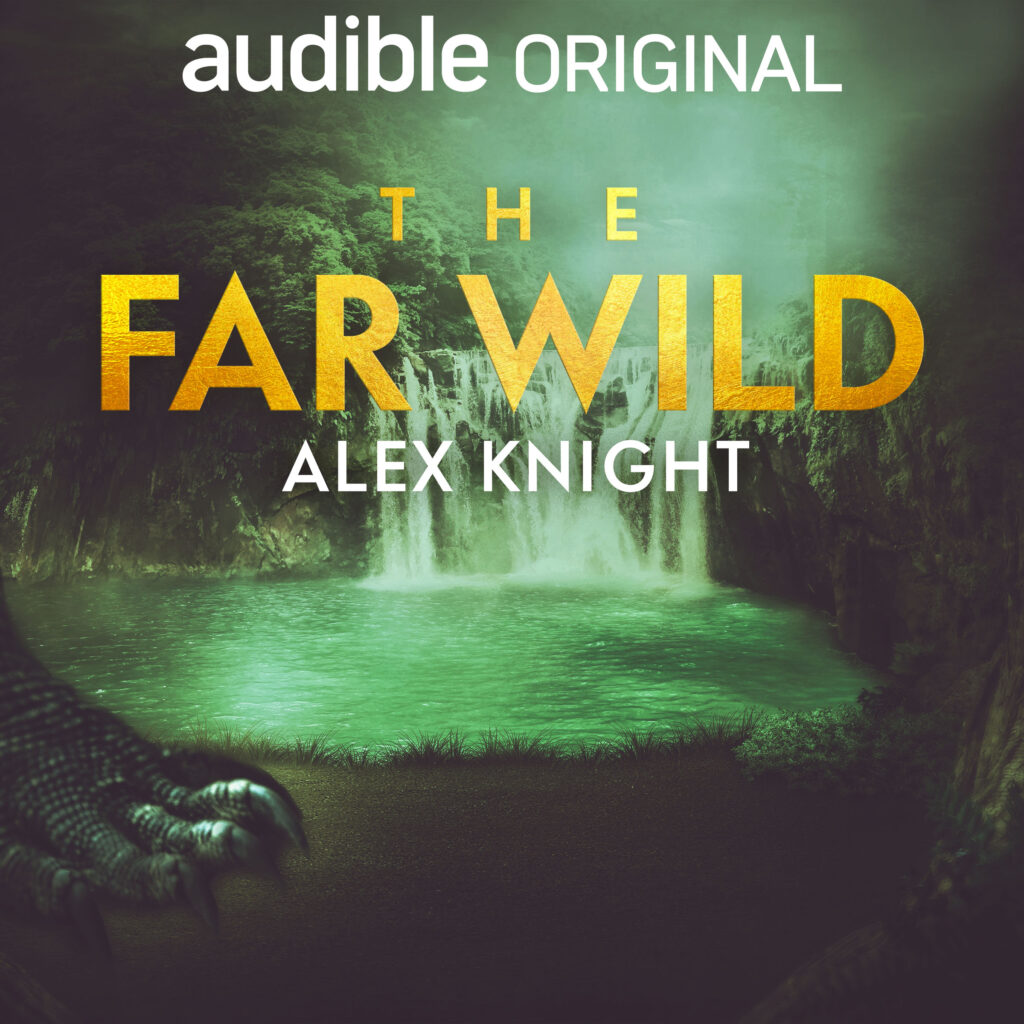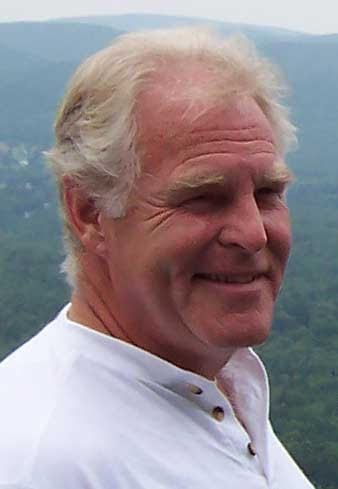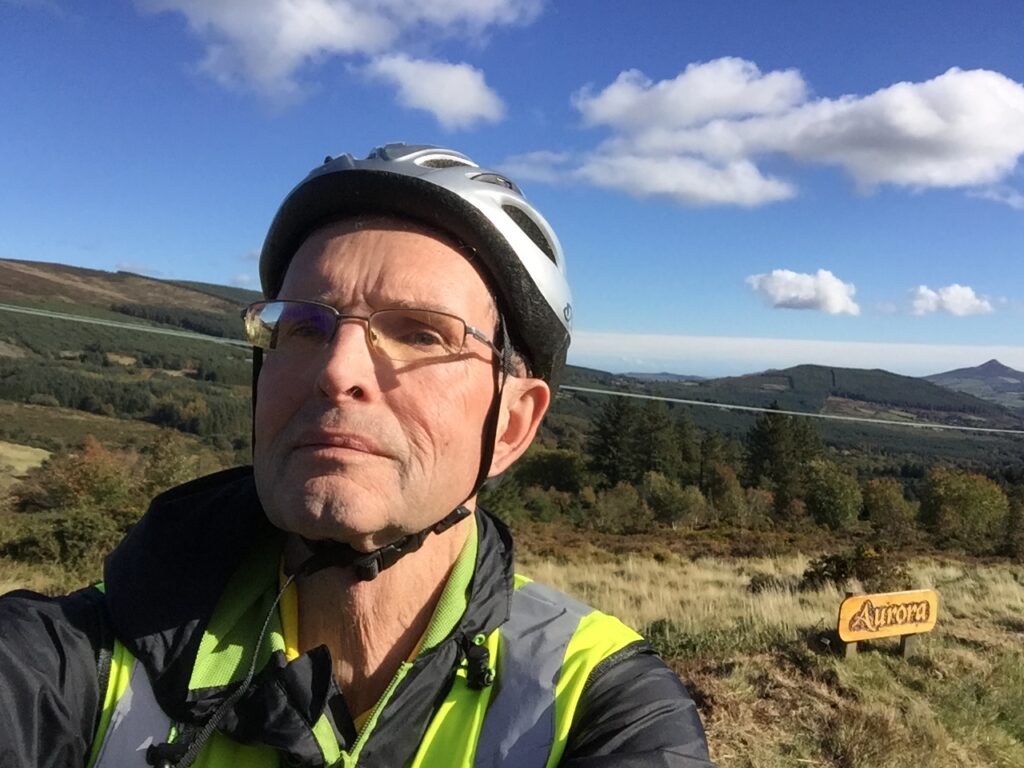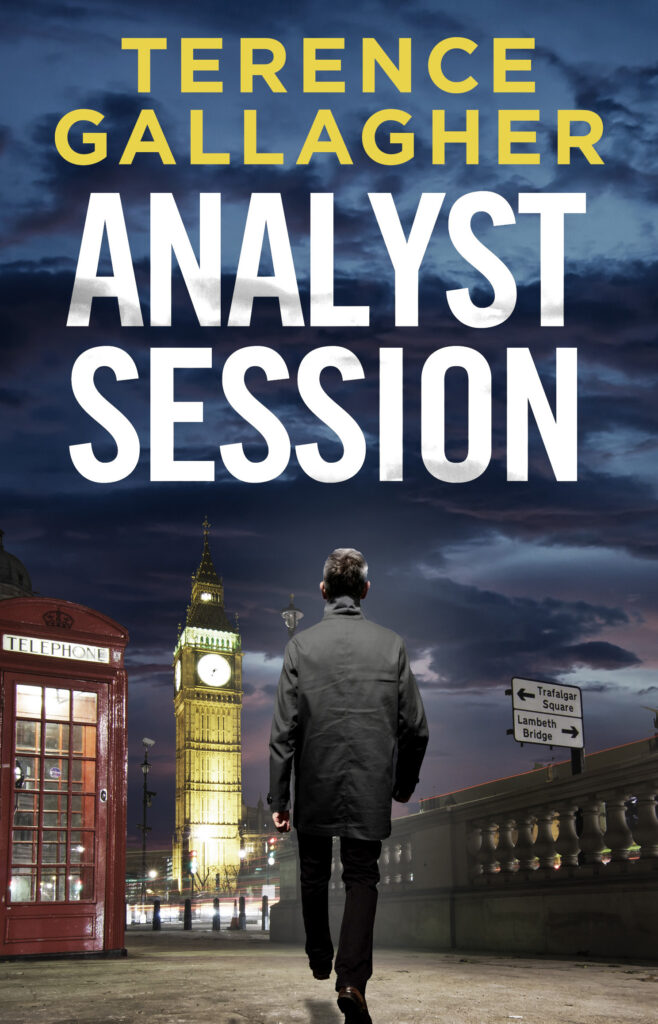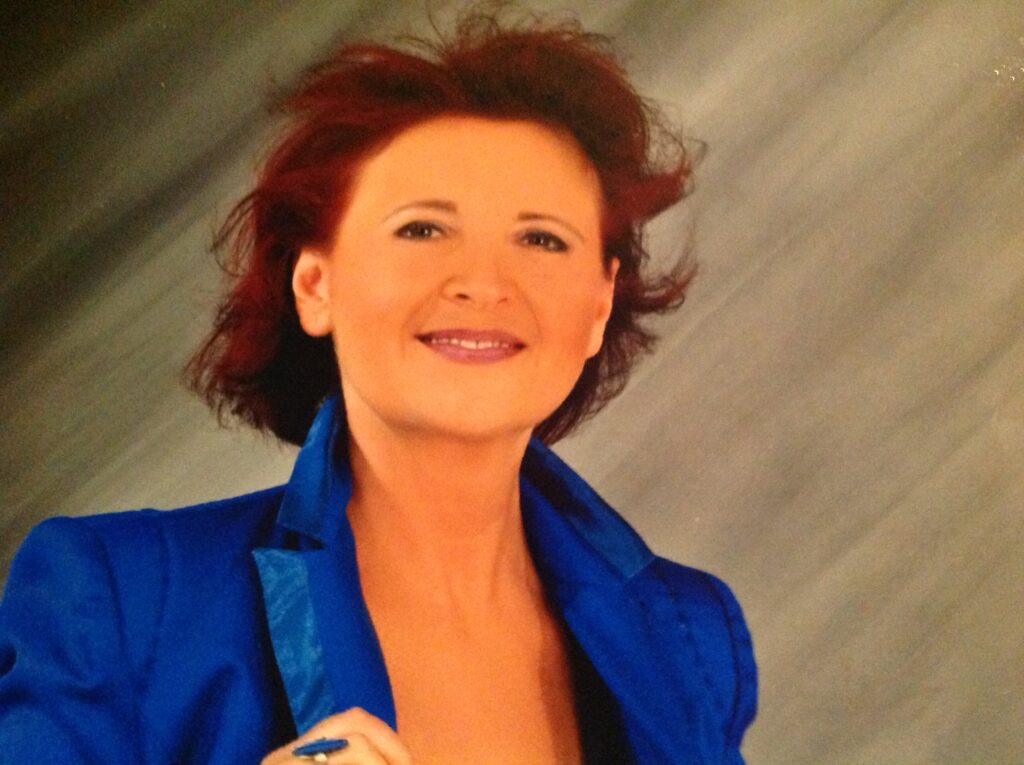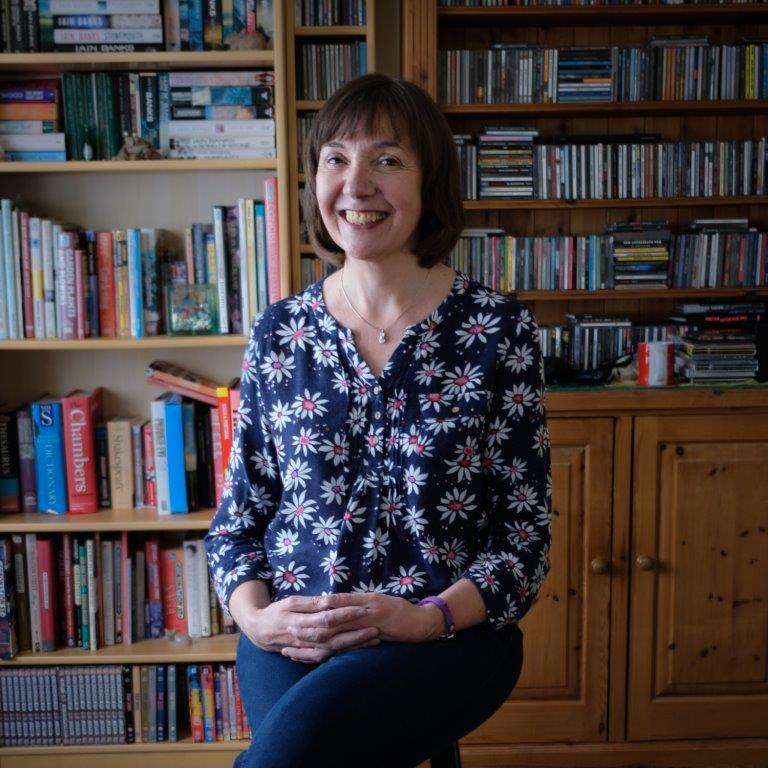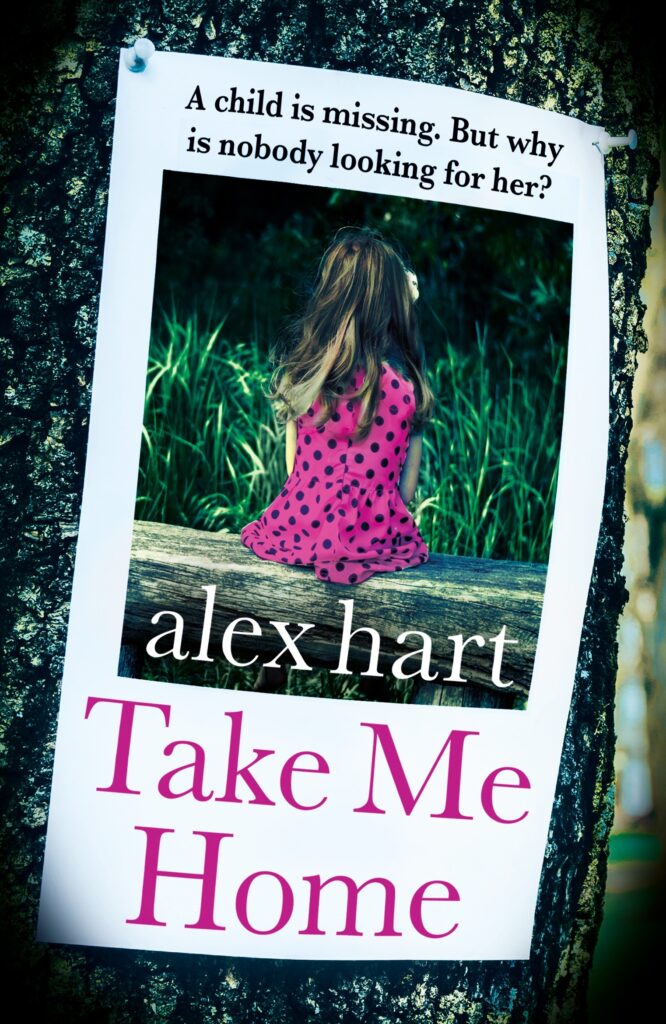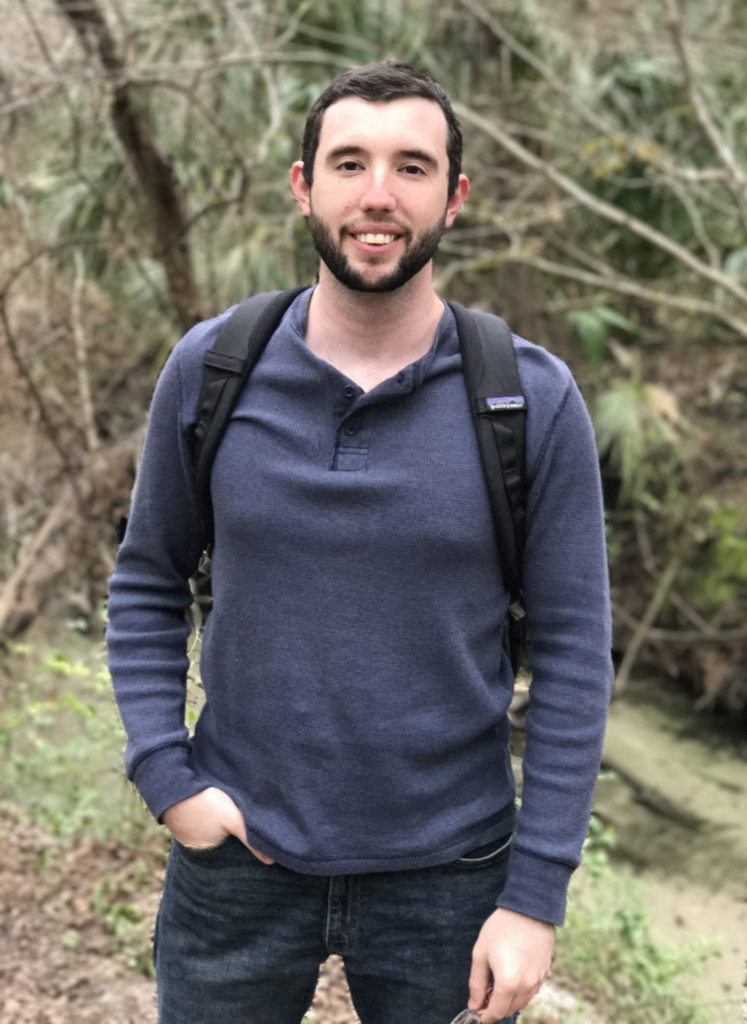 Howdy, all! I’m author Alex Knight — best known for my genre-warping fiction whose popularity commonly crashes global markets. Also, my humility. I used to be a ghostwriter for romance novellas and science fiction novels, but these days I write my own books, primarily in the genres of Fantasy and LitRPG.
Howdy, all! I’m author Alex Knight — best known for my genre-warping fiction whose popularity commonly crashes global markets. Also, my humility. I used to be a ghostwriter for romance novellas and science fiction novels, but these days I write my own books, primarily in the genres of Fantasy and LitRPG.
What I’ve written, past and present?
Aside from my ghostwriting work — which I can’t legally talk about — my work includes the Nova Online trilogy, a sci-fi, LitRPG adventure we like to bill as “Halo meets Ready Player One.” If you’re into science fiction, RPGs, and coming of age tales that pit their protagonists against tyrannical, dystopian governments, then you’ll probably dig it. Did I mention it takes place in the real world and a video game? I like to think it’s a lot of fun.
What you are promoting now?
Most recently, I’ve taken a pivot into Fantasy with my debut fantasy thriller, The Far Wild. It’s a classic adventure story about skyships and expeditions gone awry in the most dangerous wilderness known to man. It’s full of beasties with too many teeth, bombastic characters, and beasties with too many teeth trying to eat bombastic characters. Of course, there’s a bit of espionage, too, and no story is complete without a dose of looming societal upheaval, right? I grew up loving Michael Crichton’s Jurassic Park and The Lost World, and The Far Wild is my love letter to those stories. It’s been released as an Audible Original, which means it’s an audiobook and Audible brought in an incredible cast to voice the main characters. I wrote the words, but my goodness did the narrators bring them to life!
A bit about your process of writing?
Consistent. Simplistic. A gift to all humankind — just a few descriptors I wouldn’t use to describe my writing process. Realistically, writing is a wild process and how I do it changes every couple of months. Some things stay the same (butt in chair, music up loud, world ignored), but I’ve found if I write in one place for more than a few weeks my creativity fizzles up. I like to bounce between writing on a desk at home, on the couch, out on the balcony. Or, better yet, in libraries and cafes. Of course, that hasn’t really been an option with Covid, so I’ve taken to placing a camp chair in different, odd places around the house and pretending I’m somewhere else. It’s amazing how well you can tune out your surroundings with the power of noise cancelling headphones and loud, loud music.
Do you plan or just write?
You know, I’ve experimented with both ways. When I was a ghostwriter, I had to plan ahead of time so the client could understand and write off on the story. With practice, though, I’ve found that planning too much ahead of time stifles creativity in a story. I now much prefer to write out a loose plot, then follow it vaguely as I write and make sure I let my mind go where it’d like. That’s where the magic is found in writing, in my opinion. Right on that line between what you planned and where your creativity wants to take you.
What about word count?
I aim for 2,000 words a day, which is a reasonable, sustainable rate for me, and track my progress via a project tracker spreadsheet. Lately, though, I’ve been finding it easier to simply paste chapters into a manuscript first draft document as I write them. This way, I have it to refer to for an up-to-date word count, chapter word count, and it’s super easy to make control + find changes.
How do you do your structure?
I learned pretty much everything I know about structure and plotting from 1. reading books I enjoy and 2. K.M. Weiland’s website. There’s a bunch of great resources there and I recommend it for every aspiring author. There’s a particularly useful chart on the site that outlines the basic three act structure most stories follow. I like to put my own spin on this by weaving a lot of questions into the story, then answering them bit by bit as the plot progresses. This helps me keep the story moving quickly and make it satisfying as we’re on a constant drip feed of answers.
What do you find hard about writing?
The desire to do it as well as I can. There’s always that voice inside saying “you could do this better,” or “you should have written this this way.” Silencing that voice is key to finishing, well, anything you write. There’s always a compromise you must find between quality and speed. You could blaze the book out in a month or you could take forever doing edits and rewrites. The sweet spot lies somewhere between those, and finding it is a unique journey for each book.
What do you love about writing?
The act of doing it. Creation. I love nothing more than sitting down, cranking the music, and diving into a fantasy world to find out what happens next. Fingers tapping on the keyboard, cursor flying across the page — that’s what I live for. When you’re at that perfect spot between a tight plot and a loosely planned story, magic happens. You surprise even yourself, watching the plot unfurl in unexpected ways. In that way, I, as an author, get to experience the story in a fresh way. It’s much better than knowing every twist and turn ahead of time.
The Far Wild by Alex Knight is available exclusively on Audible now.

